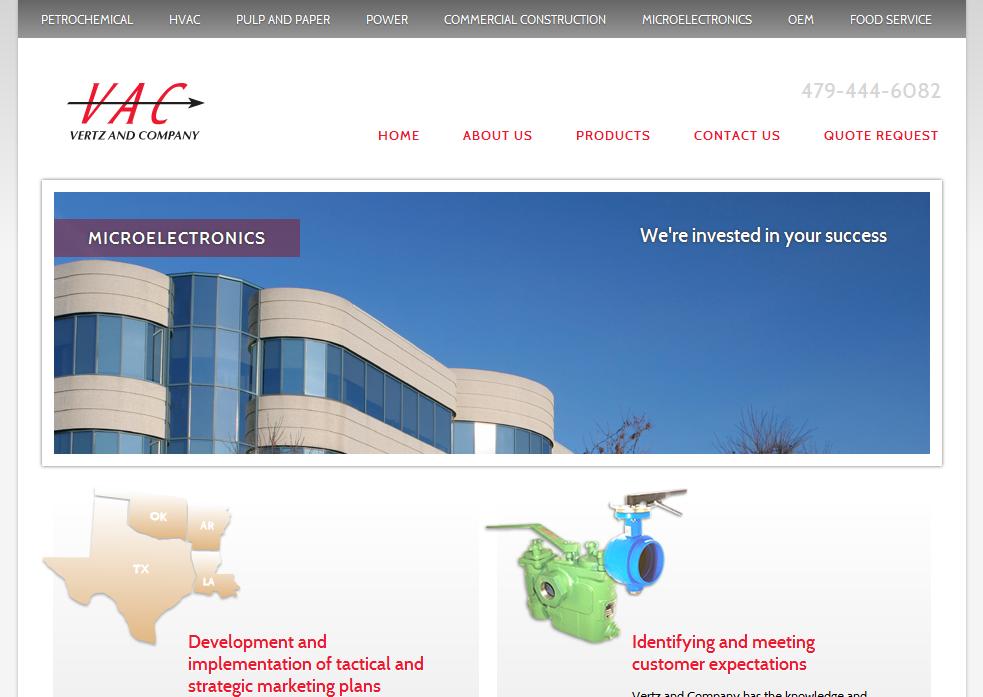SitePoint is an Australian company that makes great web design books. I’m a fan of theirs, own most of their books, and enjoy their site. If you’re a designer and you don’t already know these guys, you should check them out.
Their latest newsletter had a good article reminding web firms not to use “mumbo jumbo” at our websites. The author was thinking specifically of the tech jargon we use all the time, but which really isn’t part of ordinary English.
They referenced this sentence:
Our team of developers will create XHTML and CSS that passes all validation and at the same time, meets your project requirements.
This sentence undoubtedly contains jargon that doesn’t make sense to all of the people who need our services.
When I read this, I was working with some content sent by a client which included sentences like this:
We strongly suspected that cavitation was causing severe turbulence in the strainer housings.
SitePoint’s article made me pause for a moment and wonder whether all the site’s audience would be genned up on the possibility of cavitation in the strainer housings, and the turbulence it might cause.
In the end, I left the cavitation as it was. Also the news about what the wrong valve might do to the high performance butterfly flanged directly to the check valve. I often get rid of jargon in web content; sometimes I’m willing to fight about it with a client. Rocky Grove Sun Company, for example, really dislikes the phrase “solar panel.” “Photovoltaic cell array” is the proper term. However, we know for sure that their customers are looking for solar panels, not photovoltaic cell arrays. Their new site contains the words “solar panel” quite a lot of times, and their steadily rising traffic makes it clear that this was the right choice.
As far as strainer housings go, I think anyone who needs one of those knows exactly what it is. They will probably find the cavitation story gripping, too.
It’s all about knowing your audience.
In some fields, the providers and the customers have a shared vocabulary. In others they don’t. Using shared jargon says, “We’re members of your group” and “You’re one of us.” It increases trust.
Using unshared jargon says, “You’re not one of us.” It can decrease trust, decrease your visitors’ confidence that you’ll be able to help, and can even leave them feeling insulted.
So look over your web content. If it contains jargon, is it because that’s what communicates best with your visitors? If so, it’s not mumbo jumbo. If you’ve carelessly used the terms you normally use behind the counter, when the people on the other side of the counter use other terms, it’s time to clean that up.



Leave a Reply